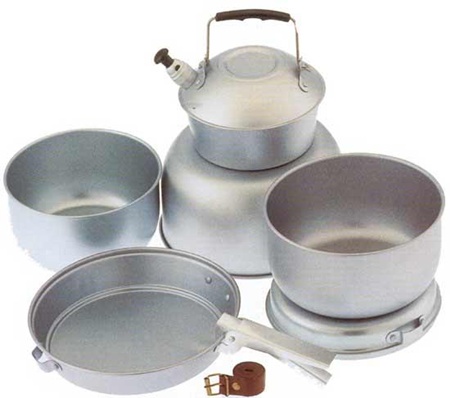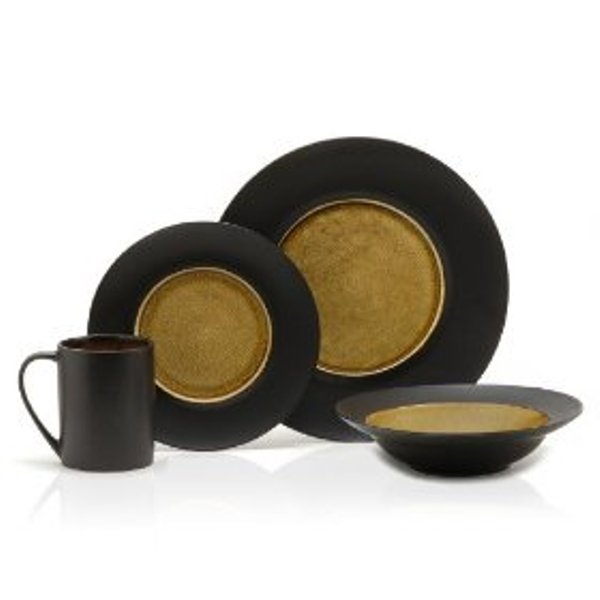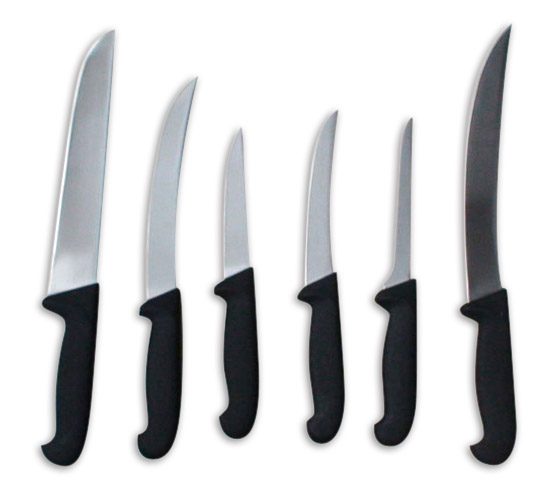Ask a cook about the importance of a good cooking equipment and he will tell you that proper kitchen equipment play a major role during the preparation of food. There are many different types of equipment that can ease your work in the kitchen and help you in preparing the perfect food. However, all these equipment need proper care. Without care, they will fail to give the desired results and will also not be durable. Therefore, before you try your hands on cooking, have a look at some tips regarding your kitchen equipment that you need to know.

1. Do not wash knives in a dishwasher
Dishwashers are never safe for knives. The dishwasher cleaner and the forceful spray harm the blades of the knives and they will gradually lose their sharpness. Moreover, if you place the knives in a dishwasher, it is possible that you might accidentally hurt yourself while reaching for other utensils.
2. Use proper tools with non-stick cookware
These cookwares have a non-stick coating over them. If you use some metal spoons, spatulas or knives over them, the coating will be damaged and your utensil will become useless. Make use of spoons and spatulas that are especially made for these types of cookwares. These spoons and spatulas are made of wood or are coated with silicone or plastic.
3. Protect your cast iron utensils from harsh soaps and scrubbers
The utensils that are made of cast iron usually develop a coating when they are used for a long period of time. This coating actually protects the utensils and gives them a non-stick-like smooth finish. If you use harsh detergents and metal scrubbers to clean these, the surface might be damaged and their non-stick property will be destroyed. The best way to clean these utensils is by rinsing them with hot water immediately after cooking and then wiping them dry. If the stain has stuck badly, you can use sea salt or a non-metal scrubber for it.
4. Store knives properly
Throwing away knives in a drawer can make them blunt. They are also dangerous, as you might be hurt. In order to retain the sharpness of the knives for a long time, store them in proper knife racks.
5. Do not soak your wooden tools
As we all know, wood soaks water. If you put your wooden tools in water for a long time they will absorb the water and swell. This will weaken their joints and also destroy the tool permanently. The best way is to avoid soaking them. Clean them immediately and let them dry.
6. No cooking spray for non-sticks
Cooking spray can form a film over your utensils. This film is hard to remove and can cause discoloration and damage to the coating of the pan. If you want to add extra lubrication, it is better to use very little amount of butter, olive oil or the normal cooking oil in your house. It should also be remembered not to use high flame with non-stick cookware. High flame can destroy the coating. Always try to cook on low or medium flame.
7. Food processors or blenders should never be overfilled
If you fill your blenders or food processors with more than what is required, you will not achieve proper results. There are clear instructions given about the quantity to be filled at one time. Moreover, overloading can even damage the machine. It is better to fill it up only till the required level and process the food in batches.
8. Preheat the steel pans
For normal steel pans, it is very important to heat it properly over the flame before you add any food into it. You can even add a little oil if you want. Heating will help in opening up the pores of the utensils and the oil will provide extra lubrication. Now, when you add your food, it will sizzle and will be cooked properly without sticking to the surface of the utensils.
9. Do not crowd the pan
If you want your food to be crisp and brown, do not overcrowd the pan. Overcrowding will lead to steaming of the food. If you want to cook large amounts of food, use a bigger utensil or cook in batches to get the desired result.
10. Read instruction manuals
Instruction manuals contain all that you need to know. Therefore, before using your cookware, read the manual carefully. It will describe all about its features, usage and care. Keep all your manuals carefully in a folder so that you can refer to them whenever you want. This will be of a great help.




